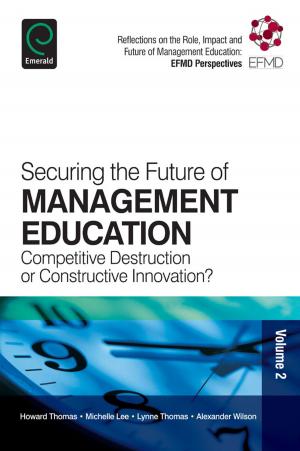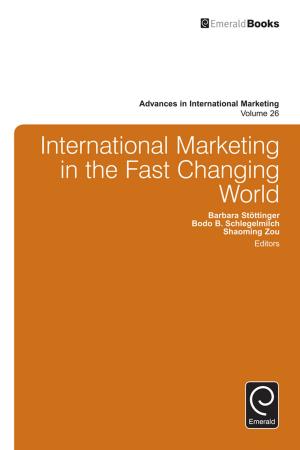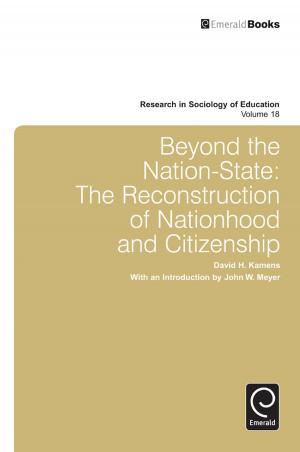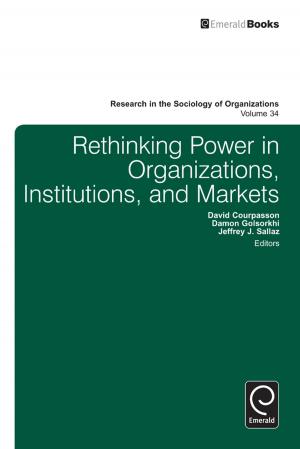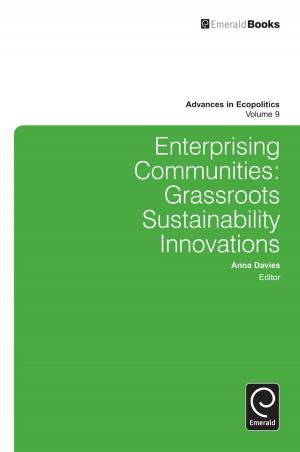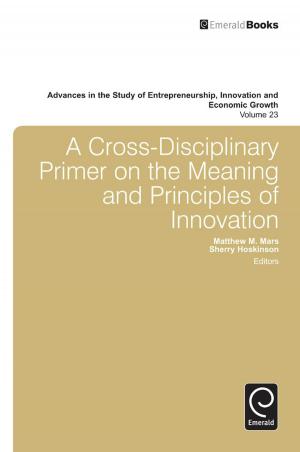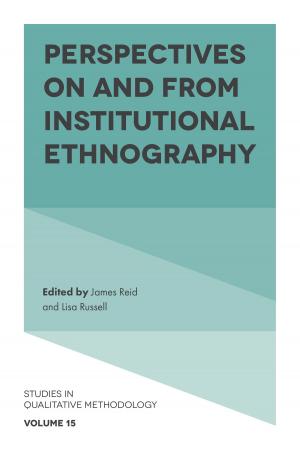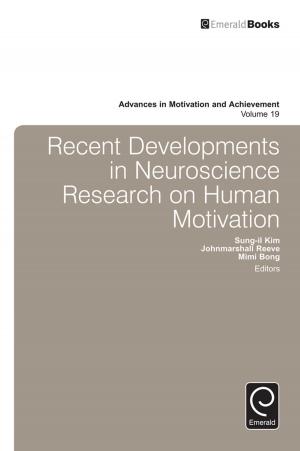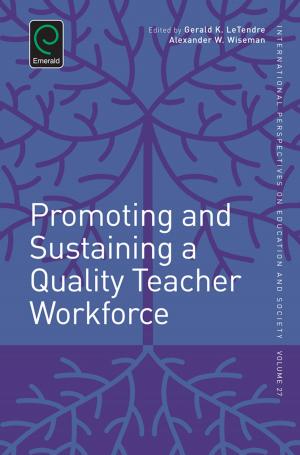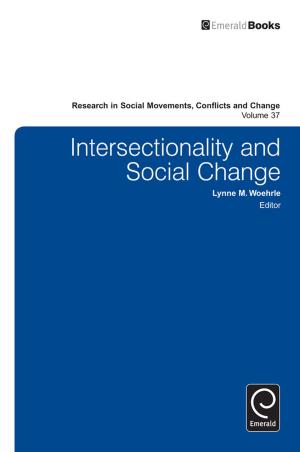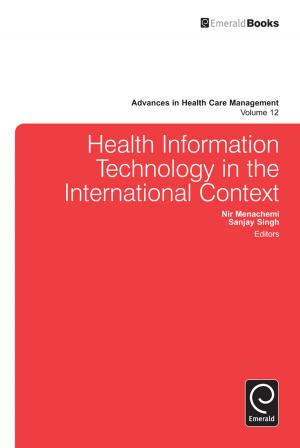Re-envisioning the MLS
Perspectives on the Future of Library and Information Science Education
Nonfiction, Reference & Language, Language Arts, Library & Information Services, Reference| Author: | ISBN: | 9781787548862 | |
| Publisher: | Emerald Publishing Limited | Publication: | April 13, 2018 |
| Imprint: | Emerald Publishing Limited | Language: | English |
| Author: | |
| ISBN: | 9781787548862 |
| Publisher: | Emerald Publishing Limited |
| Publication: | April 13, 2018 |
| Imprint: | Emerald Publishing Limited |
| Language: | English |
At the heart of any discussion about the future of libraries is the future of librarians—and how well our instructional programs, especially the Master of Library Science (MLS) degree, prepare them for their careers. Building on the Re-envisioning the MLS initiative from the University of Maryland’s iSchool and the Information Policy & Access Center (iPAC), this book continues the critical conversations around preparing future librarians.
Library and information science (LIS) programs are the foundation of librarianship, and their design requires input from everyone in the field—from academics designing programs and courses, to practitioners reflecting on how prepared (or unprepared) they are to serve their communities, to hiring authorities considering qualifications of candidates.
The second installment of this two-part volume explores many of the challenges and opportunities inherent in the future of the MLS degree, including
- the changing nature of the communities that libraries serve and how LIS education should address these changes,
- how archival training must accommodate big data,
- the specialized skill sets librarians need on the job, and
- how best to prepare librarians for their role as educators.
These conversations will never be fully resolved, as LIS education must continue to evolve to ensure the efficacy of libraries and the librarians at the heart of the work.
At the heart of any discussion about the future of libraries is the future of librarians—and how well our instructional programs, especially the Master of Library Science (MLS) degree, prepare them for their careers. Building on the Re-envisioning the MLS initiative from the University of Maryland’s iSchool and the Information Policy & Access Center (iPAC), this book continues the critical conversations around preparing future librarians.
Library and information science (LIS) programs are the foundation of librarianship, and their design requires input from everyone in the field—from academics designing programs and courses, to practitioners reflecting on how prepared (or unprepared) they are to serve their communities, to hiring authorities considering qualifications of candidates.
The second installment of this two-part volume explores many of the challenges and opportunities inherent in the future of the MLS degree, including
- the changing nature of the communities that libraries serve and how LIS education should address these changes,
- how archival training must accommodate big data,
- the specialized skill sets librarians need on the job, and
- how best to prepare librarians for their role as educators.
These conversations will never be fully resolved, as LIS education must continue to evolve to ensure the efficacy of libraries and the librarians at the heart of the work.


